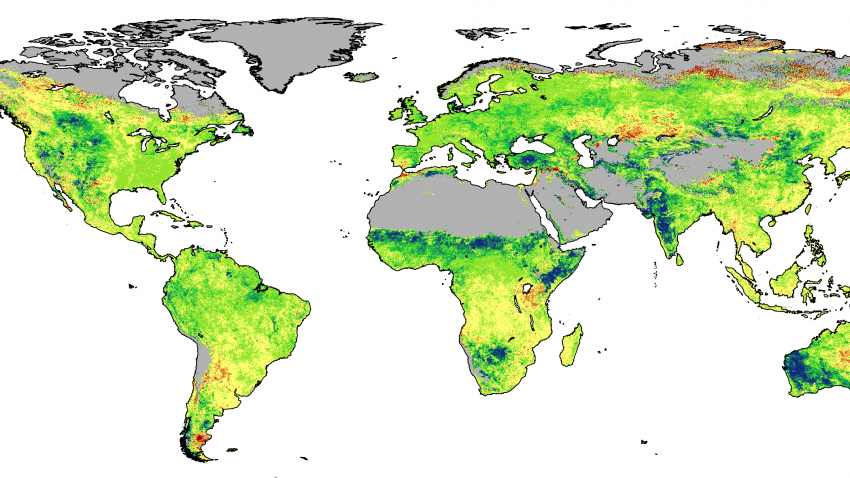Utopia is Creepy, and other provocations, by Nicholas Carr
A series of excellent blog posts of essay quality by the former executive editor of the Harvard Business Review. If you feel as I do that most of what passes as novel and revolutionary in Silicon Valley is twaddle, and is heading us into a totalitarian state, this is your book. Internet 2.0 – remember that? If yes, you now know it meant nothing. If no, you cannot remember Internet 2.0, it illustrates the importance of not paying much attention to buzzwords out of the Bay area. Carr was the guy who first saw contributors to Facebook as “digital sharecroppers”, where the only person to reap the economic value of everyone working for free was Mark Zuckerberg. It is a better book than I have described here.
The Sympathizer, by Viet Thanh Nguyen
This book deservedly won the Pulitzer prize. Here we have found a true son of the English language in this Vietnamese emigré. A biting satire about a South Vietnamese secret police officer of cultivated tastes who reports to his bosses in the North, after the escape from Vietnam to California. Droll, ironic, high-spirited, and scathing, though it never ceases to be funny. Quite an accomplishment.
Russia at War (1941-1945) by Alexander Werth
Alexander Werth was a British journalist of German-Russian origin. I recall Professor Vogel praising it back in 1968 at McGill, and I finally came across a copy. It fulfills every expectation of history and good reportage. The book contains many first hand accounts of what he saw, or was allowed to see, of the Russian front. Though Werth was a left-wing journalist, you will not be led astray by his hopes for the Soviet Union, or by what he recounts. That the Russians raped their way through Germany at the end of the war will become better understood if you read this dreadful account.
Everyone acts as if Darwin had devised only one theory of evolution when in fact he devised two: natural and sexual selection. I cannot tell you much about it yet, but if it turns out to be half as good as Geoffrey Miller’s The Mating Mind of 2001 or Jared Diamond’s Why is Sex Fun? of 1998, the book will be important. My theory of sexual selection is that Darwin found that natural selection could not explain the speed or directedness of human evolution: why we got so smart, so fast, and bravely set out to explain how that could have come about by mutual choice of each sex for certain characteristics in the other. My brief glimpses into Prum’s book assures me that he disposes quickly of some contemporary rubbish about sexuality.
Behave: The Biology of Humans at our Best and Worst, by Robert Sapolsky
Too soon to tell, but it looks to be a powerful work of a wide-ranging intellect and great writing style.









